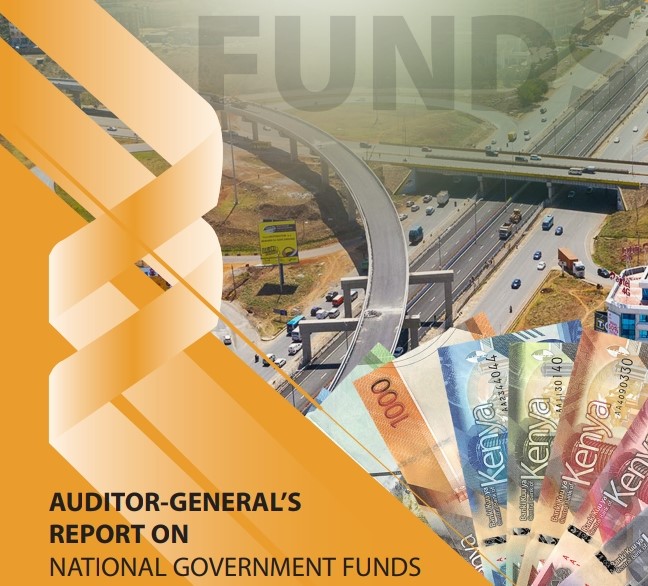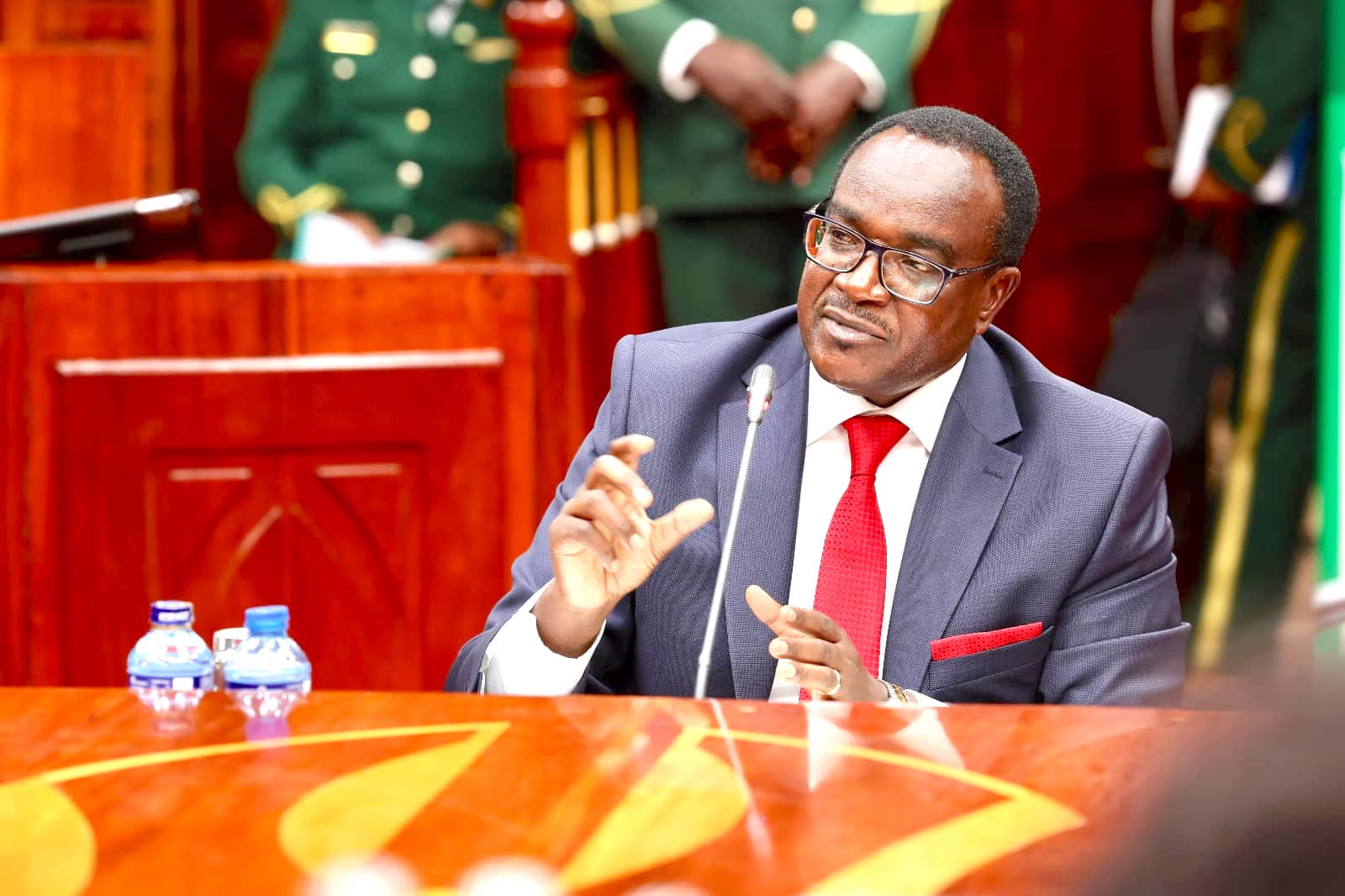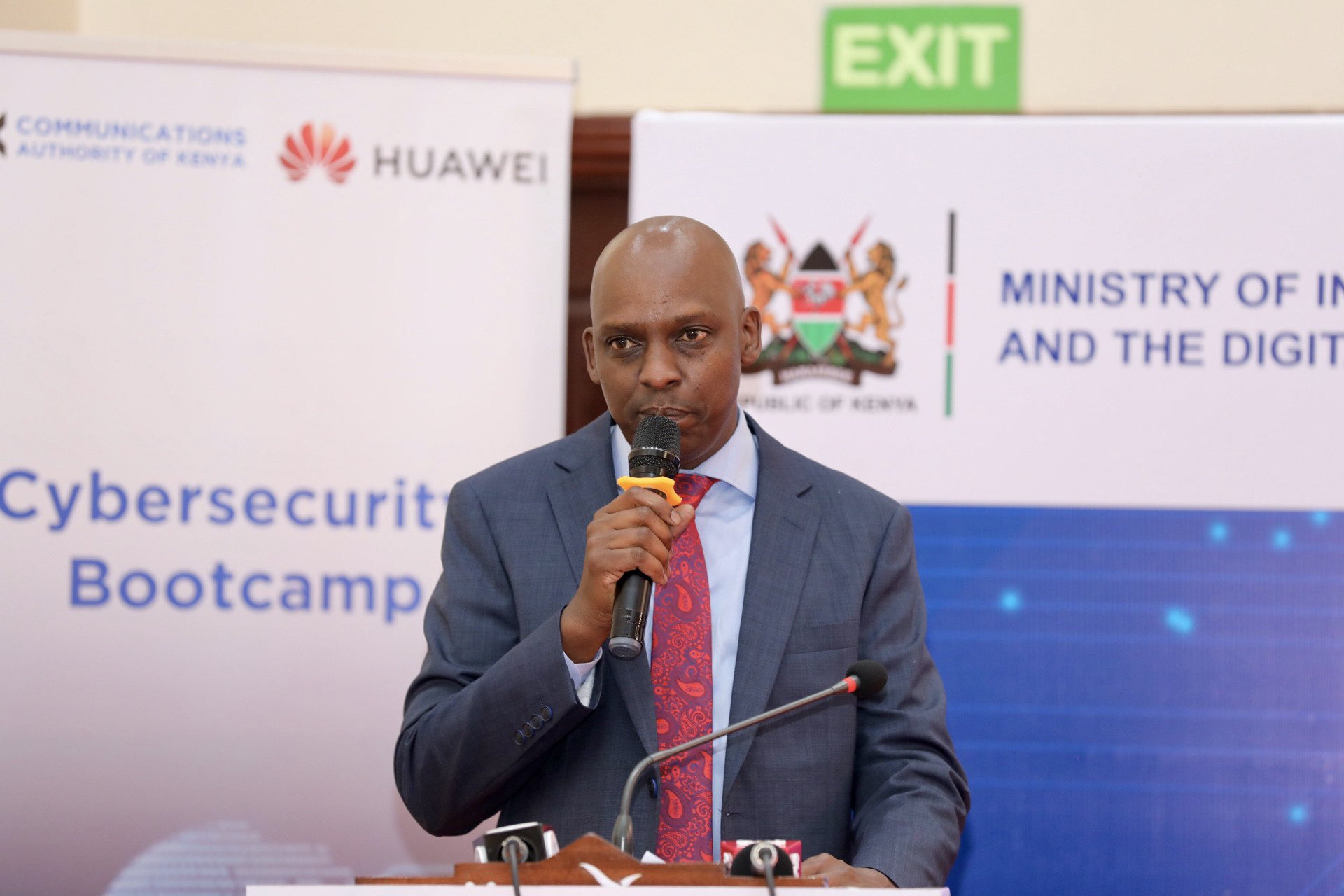The judge noted in his ruling that “a party who withdraws a suit should be presumed to know the logical and foreseeable consequences or aftermath of such withdrawal and cannot later start shedding crocodile tears and foolhardily or even naively invite the court to embark on wiping such tears. The shedding of such tears and their wiping ought to be the sole enterprise of such a party. In such tears, this Court shall not partake. I therefore have neither hesitation nor difficulties in dismissing the applicant’s said opposition”-Judge Nixon Sifuna
By The Weekly Vision Team
Barely one month after Judge Nixon Sifuna of the Anti-Corruption and Economic Crimes Court read the riot act against the CEO of the Assets Recovery Agency for controversially withdrawing a money laundering case from the court, it has now emerged that the agency went to court to stop the release of the funds withheld in various banks to two of the companies.
Judge Sifuna put the agency’s CEO/Director General Alice Mate and investigator Corporal Isaac Nakitare in a tight spot, describing the withdrawal of the case as negligent, reckless, careless, rash, and parody-like. The judge went on to warn that should the accused firms file a suit demanding compensation, such compensation should be paid personally from the investigator’s private funds and not from public funds.
The judge, Dr. Nixon Sifuna, on January 10, 2023, noted that “despite having voluntarily and on its own volition withdrawn the forfeiture suit against the respondents and therefore discharged them, and consequently those frozen funds from forfeiture, the applicant has purported to in earnest now oppose the release of the said funds. This is despite there being no other forfeiture proceedings in respect of those funds.”
In the ruling, the judge noted, “I find the said purported opposition by the applicant (or its officers) not only ironic but also pretentious, mischievous, and insincere. Such a litigational facade or decoy is inappropriate, an abuse of the court process, and an attempt at squandering the scarce judicial time.”
The judge noted in his ruling that “a party who withdraws a suit should be presumed to know the logical and foreseeable consequences or aftermath of such withdrawal and cannot later start shedding crocodile tears and foolhardily or even naively invite the court to embark on wiping such tears. The shedding of such tears and their wiping ought to be the sole enterprise of such a party. In such tears, this Court shall not partake. I therefore have neither hesitation nor difficulties in dismissing the applicant’s said opposition”.
The final orders read, “In consequence, I without hesitation hereby allow both applications (the 1st Respondent’s Motion of November 27, 2023, and the 2nd Respondent’s Motion dated November 27, 2023), to the extent that the preservation and freeze orders hitherto subsisting are hereby discharged and the said funds be released to the Respondents forthwith, unless they are otherwise the subject of any other or different preservation or freeze orders other than the ones issued by this Court on August 19, 2022.”.
It is suspected that ARA was acting out of fear to oppose the release of the funds following the earlier judgment, which had directed that should the agency be sued by the three firms, the compensation would come from their own pockets and not from the agency.
The judge had ruled that “committing substantive forfeiture proceedings before completing investigations, such as alleged by the ARA in this case, is unacceptable; and in the event of such suits and cases being lost, such investigators and prosecutors should be liable for the resultant costs and compensatory damages that an aggrieved party or person that later wins the case may claim against the government or that public agency.”. Such compensation should be paid personally from such an investigator’s private funds and not from public funds.”
The judge also gave further stern warnings in the earlier ruling: “To stem such surreptitious withdrawals and terminations, this country should consider mounting periodic lifestyle audits and integrity tests for its investigators and prosecutors. This will not only ensure integrity and accountability but will also restore public confidence in such institutions and agencies. Given the critical and delicate nature of anti-corruption cases, for instance, there should be no room for deal-cutting, blackmail, or witch-hunting.





